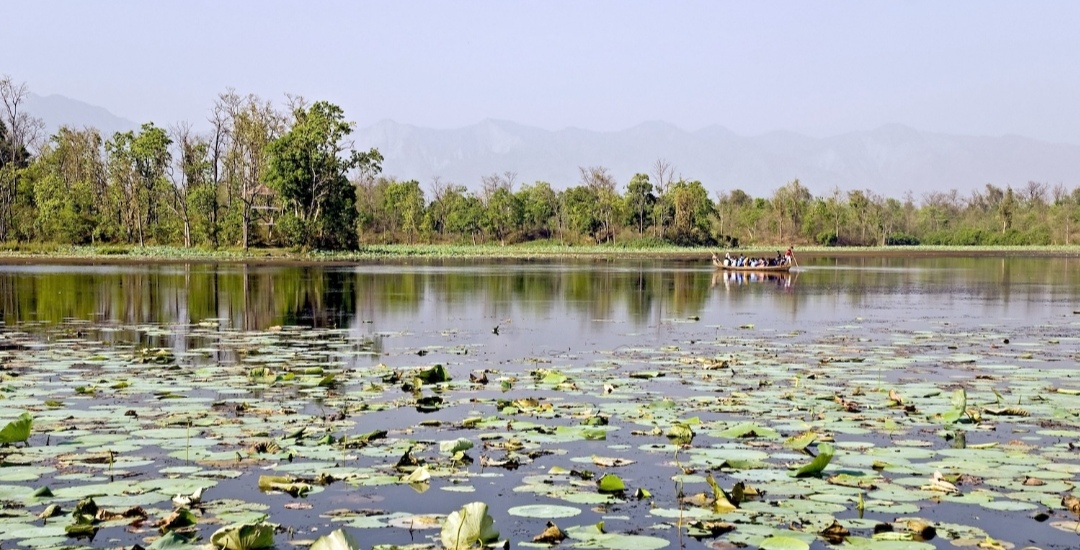Nepal’s wetlands, covering approximately 5% of the country’s land area, are vital ecosystems that provide essential services to both nature and humanity. Recognized globally, 10 of Nepal’s wetlands are designated as Ramsar Sites under the Ramsar Convention, reflecting their international importance. Beyond these, the country boasts over 200 wetlands, including diverse ecosystems such as lakes, ponds, and marshes. These wetlands function as nature’s infrastructure, offering critical environmental and socio-economic benefits, making them indispensable for sustainable development.
Environmental Benefits
Wetlands play a crucial role in maintaining environmental health. Acting as natural water storage systems, they absorb excess rainwater during heavy rainfall, reducing flood risks, and release water slowly during dry spells, ensuring a steady water supply. They also filter pollutants, improving water quality and replenishing groundwater resources. Wetlands are vital for biodiversity, supporting numerous species of plants, animals, and microorganisms. In the face of climate change, they act as buffers, mitigating its adverse impacts and enhancing ecological resilience.
Role in Agriculture
Wetlands significantly contribute to sustainable farming. They enrich surrounding soils with nutrients, boosting agricultural productivity. Additionally, wetlands support pollinators, essential for crops, ensuring long-term farming sustainability.
Disaster Resilience
In a country vulnerable to natural disasters, Nepal’s wetlands provide a critical line of defense. For example, the Koshi River floodplain wetlands absorb excess monsoon water, reducing the impact of floods on nearby communities. These ecosystems also support groundwater recharge, ensuring water availability during droughts, particularly for communities in arid regions.
Economic Significance
Wetlands are a lifeline for many local communities. Fishing, supported by these ecosystems, is a primary source of income for families living near wetland areas. The nutrient-rich soils and reliable water resources they provide enhance farming efficiency and sustainability. Moreover, the scenic beauty of wetlands attracts ecotourism, generating jobs in hospitality, guiding, and conservation, thereby bolstering local economies.
Urban Wetlands: A Sustainable Solution
Urban wetlands in Nepal are increasingly recognized for their role in mitigating urban challenges. These wetlands help manage flooding, reduce pollution, and enhance climate resilience within cities. Integrating wetlands into urban planning fosters biodiversity, improves air quality, and creates green spaces that enhance the well-being of city residents.
Challenges and the Need for Conservation
Despite their immense value, Nepal’s wetlands face significant threats, including sedimentation, pollution, encroachment, alien species invasion, and biodiversity loss. These issues jeopardize the ecological balance and essential services wetlands provide. Strong policies, community participation, and conservation efforts are urgently needed to protect and restore these ecosystems.
The Path Forward
Wetlands are not just natural wonders; they are indispensable for environmental balance and human prosperity. Protecting and restoring these ecosystems is essential for building resilience to climate change, ensuring water security, and supporting local livelihoods. By prioritizing wetland conservation, Nepal can secure a sustainable future for its people and natural heritage.